To explore nearby colleges or colleges with your program of interest
cccco.edu/Students/Find-a-college
Other useful websites available to assist youth in planning to attend college are listed below
studentaid.ed.gov/resources/prepare-for-college
Resources available for parenting youth
California Work Opportunity and Responsibility to Kids(CalWORKs)
CalWORKs funds are for the purpose of assisting welfare recipient students and those in transition off of welfare to achieve long-term self-sufficiency through coordinated student services offered at community colleges including: work study, job placement, child care coordination, curriculum development and redesign, and under certain conditions post-employment skills training, and instructional services.
Cooperative Agencies Resources for Education (CARE)
The State of California established the Cooperative Agencies Resources for Education (CARE) program in the California Community Colleges as “a unique educational program geared toward the welfare recipient who desires job-relevant education to break the dependency cycle. The CARE program offers educational support services, including supplemental grants and services for child care, textbooks, school supplies, and transportation, to EOPS students who are welfare-dependent single parents with young children. CARE is part of the EOPS program that is available at community colleges throughout California.
